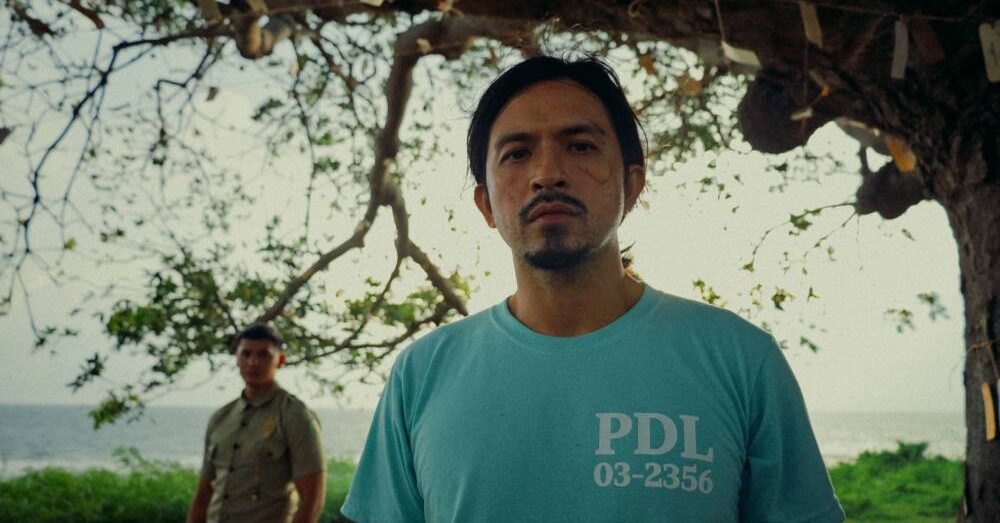
It is not easy being an Asian-American actor in the United States. It is an uphill struggle. Successes are few and far between (think “M. Butterfly” or “The Romance of Magno Rubio”). Many are called (hundreds and hundreds audition) but few are chosen.
There is clearly a need to raise Asian-American theater consciousness in the mainstream American theater scene.
These were some of the salient points raised in a recent press conference at the Fairmont/Raffles Hotel in Makati City, given by the Ma-yi Theater Company. Ma-yi is based in New York City and is headed by Filipino-Americans Ralph Peña and Jorge Ortoll.
Also present during the press con were director Loy Arcenas; Cultural Center of the Philippines (CCP) vice-president and artistic director Chris Millado; acclaimed actor Art Acuña; and Palanca Hall of Fame playwright Nicolas Pichay.
‘The Adoption Play’
A highlight of the press con was a staged reading of Pichay’s “The Adoption Play,” by leading actresses Shamaine Centenera and Raquel Villavicencio, with Acuña himself as the narrator.
The play will be presented at the CCP on Oct. 16, featuring performances by Pinky Amador, Angeli Bayani, Centenera and Villavicencio, among other actors. It will be sponsored by Ma-yi with the support of the Asian Cultural Council (ACC) and the CCP.
Pichay spent six months in New York as an ACC scholar researching the play, which is set in the American Big Apple and in an orphanage in Manila. The reading featured brief excerpts from the play. It is all about children, parents and families, with three main interwoven stories.
The orphanage, called “La Madre de los Abandonados,” is supposed to be the oldest in the Philippines, tracing its roots to Spanish times, but is not doing well and has to raise P10 million from Catholic personages, including the Pope, or else it will close shop.
Ortoll said the main mission of Ma-yi is to encourage cooperation among the theater company, ACC and CCP, promote Asian-American playwrights and actors, and raise US awareness of Asian-American theater.
“The supply is bigger than the demand,” he said.
Arcenas observed that “Asians are excellent actors, composers and playwrights but they are hard to push because they are Asian. Kulang sa (lacking) exposure.”
“Without Asian-American playwrights, there will be no Asian-American actors,” added Ortoll. And that is why the ACC is starting a fund here with the intention of sending playwrights to the US, to immerse themselves there, and train them so that they can write about the Philippine (and Asian) experience in the US. (The American Dream, perhaps?)
“It’s an uphill struggle,” said Ortoll.
Interesting life
Another problem is that the Asian-American community is not unified, unlike the blacks, Arcenas noted. “There’s a bond among Fil-Americans but regionalized a bit,” Ortoll said diplomatically.
Nevertheless it’s an interesting life there, the New York-based Acuña said. He has played Indonesians and Latinos but “it is difficult to get into mainstream theater. Dito makaka-relax ako. Wala ako sa lugar doon (I can relax here; I am not in my element there). You have to have a regular job. That’s why I am in the restaurant business.”
On a brighter note, Millado said the Ma-Yi plays at the CCP have always been box-office hits because of the quality of the productions.
Is there much difference in being a Pinoy actor in New York and a Pinoy actor in California?
“It’s hard to say,” Ortoll said. But then Acuña cut in: “Not really. Good acting is good acting!”














































